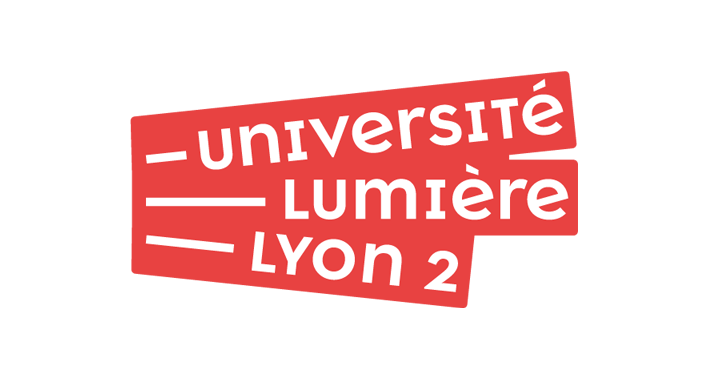Last updated on 06 janv. 2026
Research at Université Lumière Lyon 2 covers and brings together a wide range of subjects in the arts, literature, languages, humanities, and social sciences, as well as computer science and applied mathematics. It is a major research hub in the Lyon-Saint-Etienne area, with an average of 130 theses defended each year.
Our research priorities
- To raise cross-disciplinary questions in the humanities and social sciences, but also at the interface of life sciences, experimental sciences, and engineering.
- To develop open access to research results and data as part of an open science approach.
- Internationalizing research through collaborative projects, jointly supervised theses, international recruitment, and co-publications, whether within the framework of the European Bauhaus4EU Alliance or other networks.
- Emphasizing scientific mediation and promotion, as well as participatory research, by forging partnerships with socio-economic actors.
Key figures
- 33 research laboratories
- 1 centre for humanities - Maison des sciences sociales et des humanités (MSH-LSE) -
- 1 Research Federation on Ancient Societies - Maison de l’Orient et de la Méditerranée Jean Pouilloux (MOM)
- More than 600 teacher-researchers
- 820 doctoral students from 7 doctoral schools (for the year 2024-2025)
- a varied range of themes from approximately 20 disciplines covering the fields of literature, languages and human and social sciences*, diversified resources (documentation, digitisation, audiovisual, information systems, experimental platforms, etc.)
- 1 publishing house (Presses universitaires de Lyon or PUL), specialising in literature and in human and social sciences.




